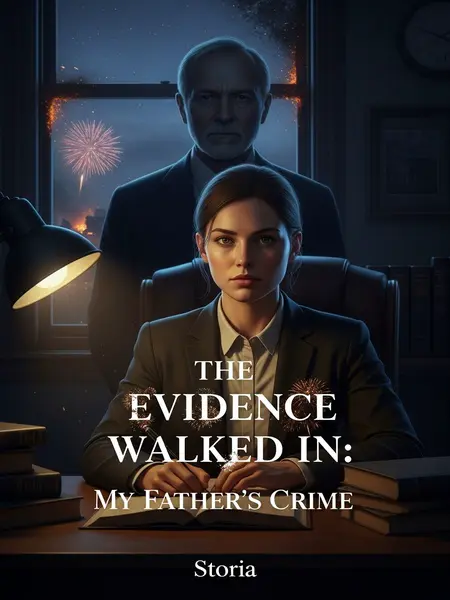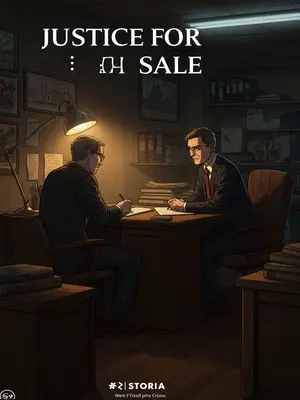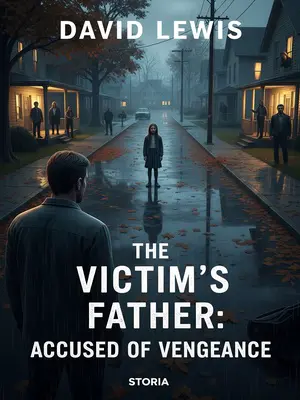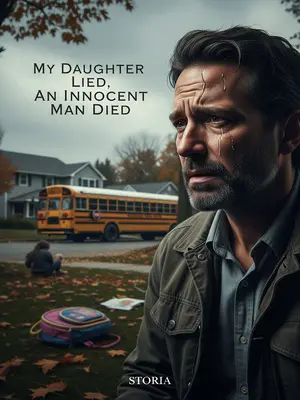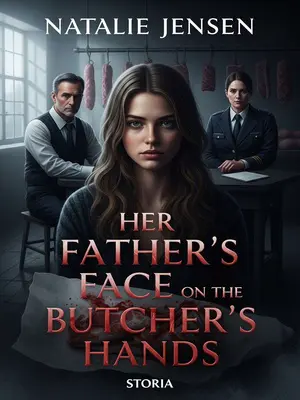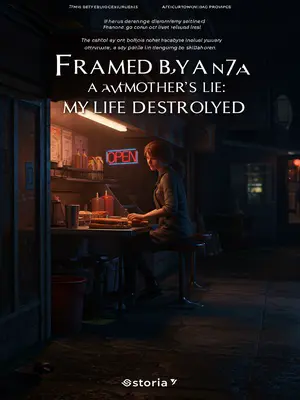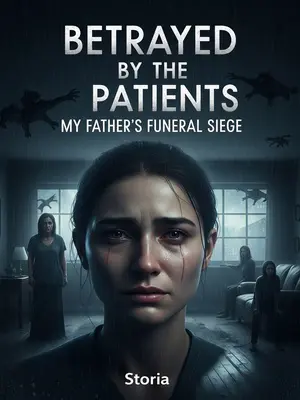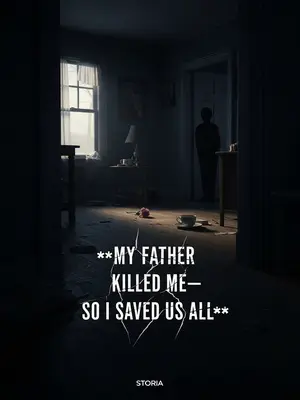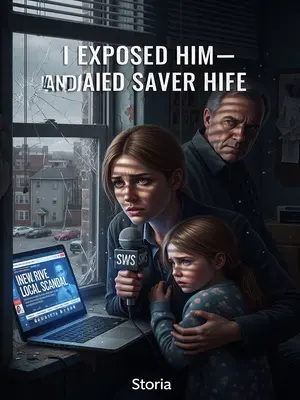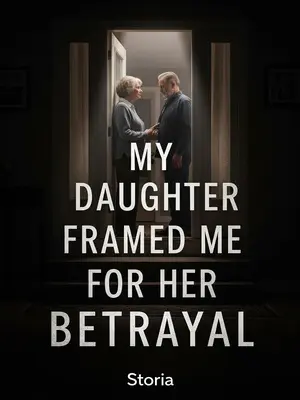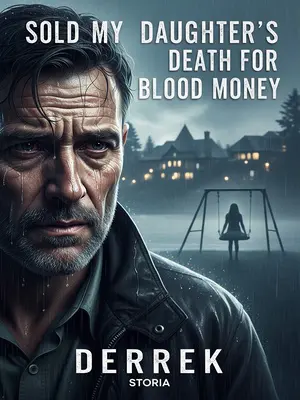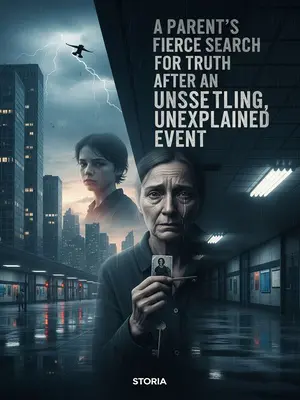Chapter 5: Hannah’s Story – The Fireworks Plant
Hannah Bell’s Account (1)—
It all starts with my father and the fireworks plant.
Her voice softened as she began, and for a moment, she seemed lost in memory, transported back to a small-town world far removed from the glass-and-steel of downtown Columbus.
I still remember my father. He had a gentle temperament, steady and unassuming.
My mother married him when she was very young, and soon after, I was born. Their relationship was lukewarm—like many ordinary couples, there was no passionate love, only the routines of daily life.
There was a faded photo she showed me: her father holding her as a toddler, his smile small and uncertain. The kind of man who kept his head down, did what he was told, and never expected much from the world.
My father was a quality inspector at the county’s fireworks plant—a technical job. Maybe the job itself made enemies, and he was a stickler for the rules, so he didn’t get along well with the workers.
He wore his authority quietly, but it still rubbed some people the wrong way. In small towns, folks remember slights, especially from the guy who signs off on their work.
Every day after work, others would come home in groups, but my father always returned alone. His thin figure would appear at the edge of our small Ohio town, looking like a solitary scholar.
He’d trudge home along Main Street, passing the neon sign of Miller’s Diner and the shuttered windows of the old hardware store. There’s a certain loneliness that comes with being too honest for your own good.
Once, I went to the fireworks plant to find my father and happened to see him being cornered and beaten by several workers.
The image was burned into her memory—grown men, red-faced and drunk on power, taking out their frustrations on the one guy who followed every safety protocol to the letter.
Compared to those burly men, my father was too thin and weak. But even as he was beaten to the ground, unable to fight back, he refused to beg for mercy.
I was very young at the time. Seeing my father beaten with my own eyes, I was so frightened I burst into tears.
She described herself as a little girl, clutching a lunchbox and a battered copy of Goodnight Moon, bawling as the men towered over her dad.
The workers turned and saw me crying. Amused, they stopped hitting him, but still surrounded him, refusing to let him go.
Their laughter was sharp, echoing off the corrugated metal walls of the plant. They were like a pack of dogs, pausing only because they’d been caught.
My father lay on the ground. Through the gaps in the crowd, he saw me. His eyes instantly reddened, and he turned his head away, unwilling to meet my gaze. To be beaten so helplessly in front of his daughter was a deep humiliation.
The shame stung worse than any bruise. Even now, Hannah’s voice shook as she recounted it. That memory, she said, was a scar that never healed.
At that moment, the plant manager’s son happened to pass by. He casually scolded a few words and helped my father up. The workers, afraid of him, scratched their heads and laughed, dispersing as if it had all been a harmless joke.
The plant manager’s son was named Tyler Chen, two years younger than my father. He helped my father up from the ground, though it looked more like he was lifting him. He was strong, and my thin father seemed even more frail beside him. The contrast between them was stark.
Tyler’s presence was magnetic—his voice, his swagger, the way the others melted away as soon as he raised an eyebrow. To a kid, he probably seemed like a hero; to the grown-ups, he was the boss’s enforcer.
Tyler glanced at me, then smiled at my father and said, "So useless—how can you protect your wife and kid?"
My father stood trembling, saying nothing.
He kept his head low, refusing to rise to the bait. But I could feel the tremor in his hands, the silent rage boiling beneath the surface.
The difference between them wasn’t just in stature.
